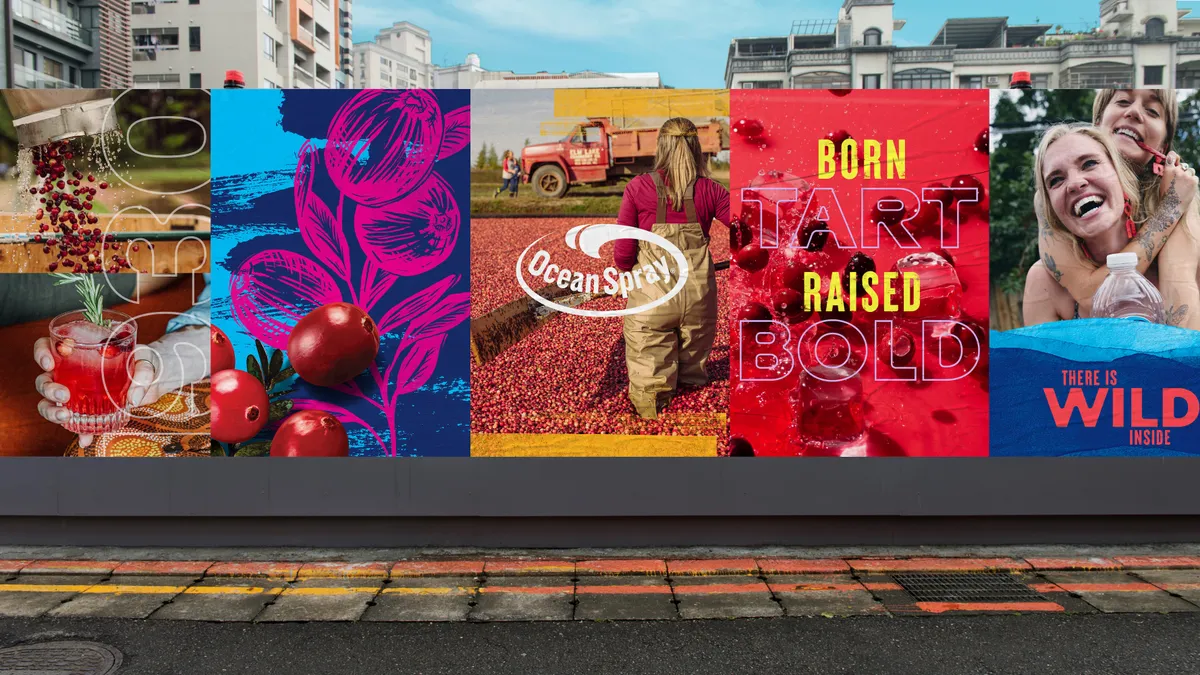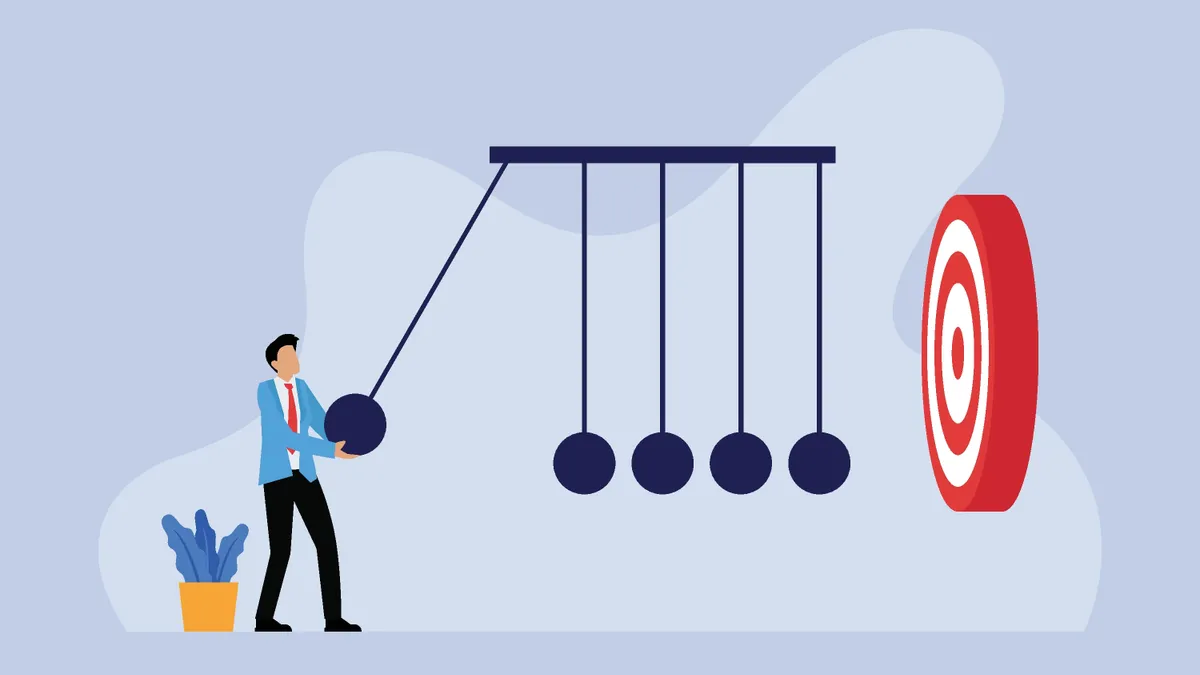Dive Brief:
- Sixty-four percent of marketers plan to increase their digital marketing budget "marginally" in 2019, while 24% plan to increase budgets significantly, according to findings of a new study by Ascend2 that was provided to Marketing Dive. Twelve percent of the 190 marketers surveyed for the "2019 Digital Marketing Strategies Survey Summary Report" plan to decrease their digital budgets.
- Increasing sales prospects and leads is a strategic priority for 64% and a success barrier for 40% of marketers surveyed. Fifty-five percent say increasing customer acquisition is a priority, while 46% see it as a barrier. Improving result measurability is a priority for 30% and success barrier for 47%, while improving brand awareness is a priority for 39% and barrier for 22%.
- Content marketing is the most successful marketing tactic for 58% of marketers, followed by search engine optimization for 50%, email marketing for 47%, search and social ads for 34%, data-driven personalization for 31%, marketing technology for 31% and social media marketing for 30%.
Dive Insight:
The Ascend2 study reveals how marketers continue to see digital as a key part of their marketing strategy, and a majority plan to increase their digital spend in 2019, even if just by marginal amounts. Marketers should note the areas cited as top strategic priorities and barriers to success as they develop their strategies for the new year, as balancing the two could increase engagement, brand awareness and sales.
The survey also underscores how despite their increased investment in digital, nearly half of marketers still struggle with measuring campaign results. This finding aligns with Nielsen's new CMO Report 2018 released in June that found that 82% of marketers were planning to increase their overall digital spend, but just 26% felt confident in their ability to measure ROI on digital. Inaccurate, questionable or false digital media reporting led 21% of marketers to cut back on their ad spend, and 73% want more transparency into traffic, viewers and engagement, according to a CMO Council report.
With digital spending increasing, marketers are also investing more in analytics and attribution tools to help better determine campaign ROI. Global marketing automation spend is projected to reach $25.1 billion by 2023 from $11.4 billion in 2017, according to Forrester. Marketing automation technology is expected to grow at a 14% compounded annual growth rate over the next five years.
As marketers strive to engage with consumers and generate leads, many see higher-quality content as a way to provide value. Investing in content marketing and email are tactics that can enhance personalization, which consumers are growing to expect. Consumers report being more likely to purchase from brands that learn about their needs and provide content to meet those needs.












